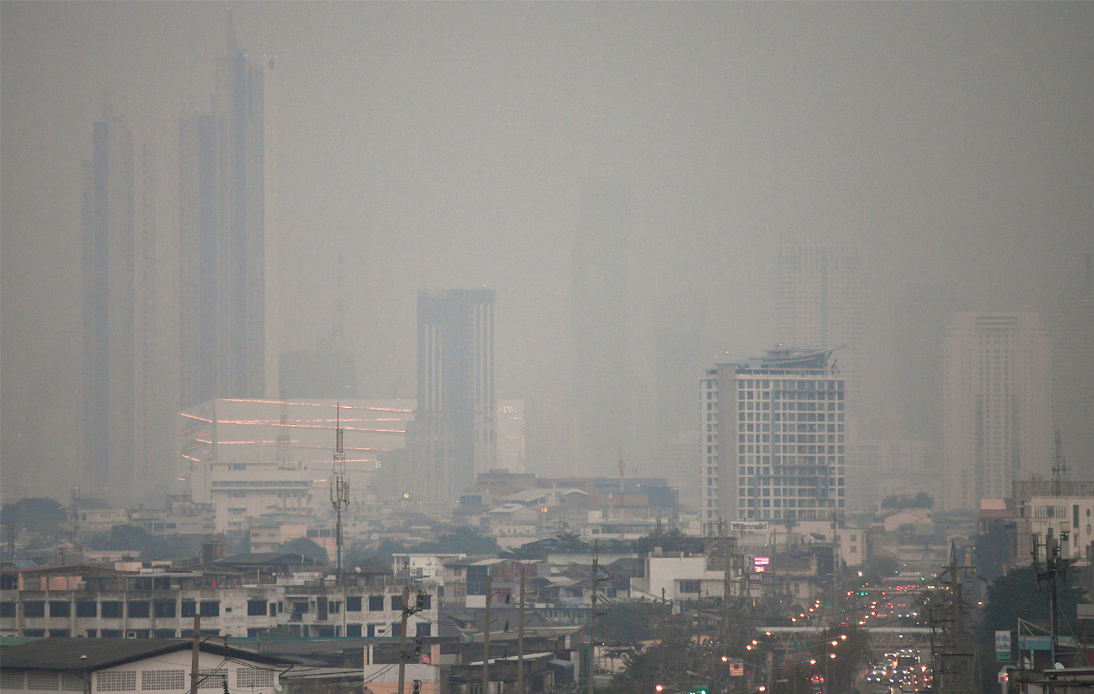
Prime Minister Srettha Thavisin announced on Sunday that he will submit a plan for the PM2.5 fine dust issue, following the directive from the Chiang Mai Administrative Court to present a plan within a 90-day timeframe.
He explained that the court requires both him and the national environment panel to create a plan within 90 days, in response to a grievance raised by a northern community group.
He added that officials would be convened to deliberate and formulate the plan, adhering to the court’s directive.
Mr. Srettha acknowledged the collective efforts of various sectors in addressing air quality concerns, expressing satisfaction with the improvements in Chiang Mai.
He highlighted the cooperative efforts across agencies in addressing the dust issue and noted a significant reduction in PM2.5 levels, which decreased by four to five times.
Government spokesperson Chai Wacharonke reported a decrease in fine dust levels in Chiang Mai’s Muang district, specifically in tambon Chang Phueak, where levels dropped to 16.7 micrograms per cubic meter on Sunday, compared to an average of 53µg/m³ on January 21, 2020.
Mr. Chai attributed this improvement to the prime minister’s commitment to ensuring clean air for the populace, emphasizing the government’s active role in combating air pollution.
The Geo-Informatics and Space Technology Development Agency, using data from the hourly-updated Check Foon app, indicated that on Sunday, fine dust levels exceeded the 50µg/m³ safety limit in at least seven provinces.
The highest pollution levels were recorded in Sing Buri at 94.7µg/m³, followed closely by Ang Thong at 94.4µg/m³, then by Samut Songkhram, Sa Kaeo, Lop Buri, Samut Sakhon, and Chai Nat, all surpassing safe limits.
In Bangkok, more than 45 districts experienced dust levels above the 50µg/m³ safe threshold, with the highest being 77.2µg/m³ in Nong Khaem.
Deputy Prime Minister Pol Gen Phatcharavat Wongsuwan has directed Pollution Control Department officials to intensify their efforts in monitoring and controlling black smoke emissions, particularly on roads, as part of the strategy to reduce air pollution in Bangkok and its neighboring areas.




















